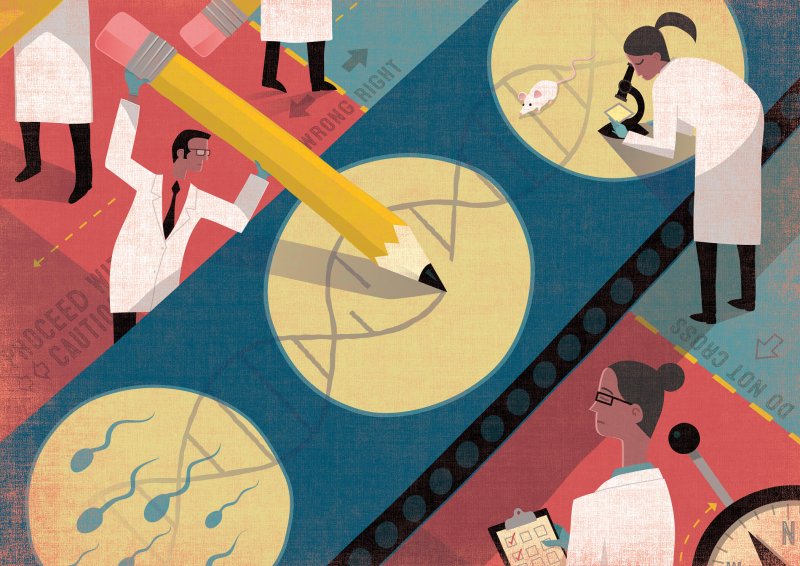Who’s going to police CRISPR? That was the cry of many scientists after news broke at the end of last year that Chinese researchers had edited the genomes of embryos which resulted in the birth of the first genetically altered babies. Who indeed? WHO, that’s who.
Days after the news, the organization announced that it would assemble experts to look at setting international guidelines for the use of this unprecedented new gene editing technology. Last week, the UN organization announced the appointment of that committee, which consists of eighteen experts from around the globe and two chairs. There’s no guarantee the guidelines they’ll assemble on human genome editing will be followed, but it’s a first attempt at ushering the world into a future in which we can edit the very things that make us human.
…
“The Committee will examine the scientific, ethical, social, and legal challenges associated with human genome editing,” WHO spokesperson, Tarik Jasarevic, wrote in an email [February 25].
…
The guidelines that a WHO advisory committee such as this one sets in place are intended to set research-backed international standards for member countries to each set their own national regulations.
Read full, original post: We need to police gene editing. The World Health Organization agrees































